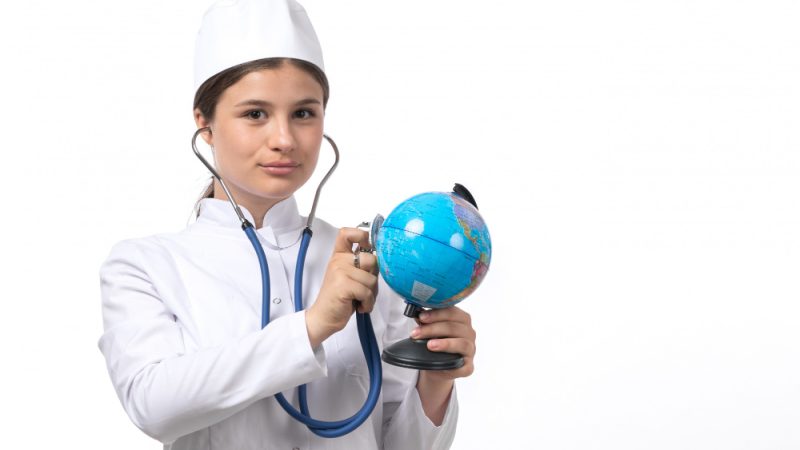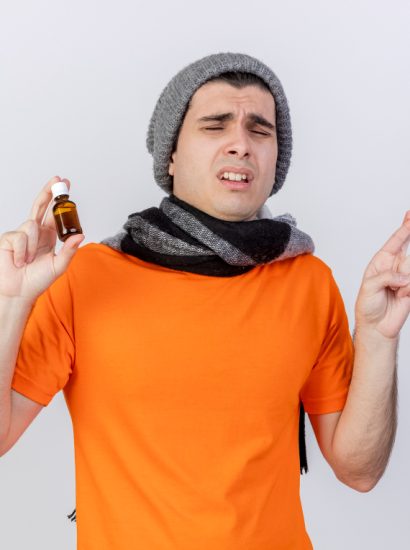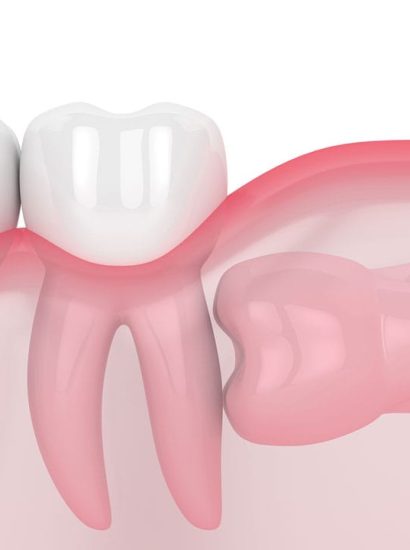Traveling abroad is an exciting adventure, but it’s important to prioritize health and safety. At Dickson Medical & Travel Clinic, we offer a range of services to help travelers prepare for their trips, manage risks, and stay healthy on the road. Here are seven essential tips from our experts to help you enjoy a health-safe trip abroad, with advice on preventive measures, vaccinations, and more.
1. Schedule a Pre-Travel Health Consultation
- One of the best ways to prepare for international travel is to schedule a pre-travel health consultation. At Dickson Medical & Travel Clinic, our healthcare professionals review your itinerary, personal health history, and travel risks. Whether you’re visiting tropical destinations, high-altitude areas, or regions with unique health challenges, our tailored consultation ensures you’re fully informed.
- During this consultation, we discuss recommended vaccinations, preventive medications, and specific health measures to keep you safe. By addressing these factors well in advance, you can embark on your journey with confidence and peace of mind.
2. Get the Recommended Vaccinations and Immunizations
- Different regions pose different health risks, and some may require specific vaccinations. For example, yellow fever vaccination is mandatory for entry into certain African and South American countries, while others recommend immunizations for diseases like typhoid, hepatitis A and B, and rabies.
- Our clinic stays updated on global vaccination requirements and offers a comprehensive selection of travel vaccines. Our team will guide you on which immunizations are necessary based on your destination, ensuring that you’re adequately protected against preventable illnesses. It’s best to start vaccinations at least 4-6 weeks before departure, as some require multiple doses over time.
3. Pack a Well-Stocked Travel Health Kit
- Having a travel health kit with essential medical supplies is crucial, especially when visiting remote or unfamiliar locations. The items you pack will depend on your destination, planned activities, and personal health needs. At a minimum, your kit should include:
- Basic first-aid supplies (bandages, antiseptic wipes, adhesive tape)
- Pain relievers (ibuprofen, acetaminophen)
- Anti-diarrheal medication
- Prescription medications (enough for the entire trip plus extras)
- Insect repellent with DEET or picaridin
- Sunscreen with high SPF
- Hand sanitizer
- Our clinic can provide customized travel kits tailored to your needs, including any necessary medications or specialty items for the region you’re visiting.
4. Protect Yourself Against Mosquito-Borne Diseases
- Mosquito-borne diseases like malaria, dengue fever, and Zika virus are prevalent in many tropical and subtropical regions. Prevention is key, and there are several steps travelers can take to minimize their risk. Start with antimalarial medications if you’re visiting an area with malaria. We can prescribe these medications during your travel consultation.
- In addition to medication, use insect repellent containing DEET or picaridin and wear long-sleeved clothing when possible. Sleeping under a mosquito net, especially in high-risk areas, can also reduce the risk of bites. These combined strategies offer robust protection against mosquito-borne illnesses.
5. Practice Safe Eating and Drinking Habits
- Traveler’s diarrhea is a common issue, particularly in developing regions where sanitation standards may vary. The safest approach is to eat food that has been thoroughly cooked and served hot, avoid raw or undercooked meats, and be cautious with seafood.
- When it comes to drinking water, stick to bottled or boiled water and avoid ice cubes, as these may be made from contaminated sources. Be mindful of where you brush your teeth and consider using bottled water if the tap water isn’t safe. Dickson Medical & Travel Clinic provides information on safe eating and drinking practices for specific regions, helping you minimize the risk of digestive issues abroad.
6. Take Precautions for Altitude Sickness
- If you’re heading to high-altitude areas, be aware that altitude sickness can affect even seasoned travelers. The risk increases at elevations above 2,500 meters (8,200 feet), with symptoms ranging from headaches and nausea to shortness of breath and fatigue. Gradual acclimatization is the best way to avoid altitude sickness.
- If possible, ascend slowly, giving your body time to adjust to lower oxygen levels. Stay well-hydrated and avoid alcohol, which can exacerbate symptoms. Dickson Medical & Travel Clinic offers medication options for altitude sickness and will advise you on preventive strategies. Proper preparation helps you enjoy the scenery without compromising your health.
7. Stay Informed About COVID-19 Requirements
- Since the COVID-19 pandemic, health protocols have become an essential aspect of travel preparation. Many countries now require proof of vaccination, COVID-19 testing, or quarantine upon entry. At Dickson Medical & Travel Clinic, we offer COVID-19 testing and vaccinations, ensuring you meet all necessary requirements.
- In addition to testing and vaccination, the clinic provides updated information on health and safety protocols, including mask requirements, social distancing measures, and general hygiene practices. Staying informed about these regulations helps ensure smooth travel without unnecessary delays or complications.
8. Keep Emergency Contacts and Travel Insurance Handy
- Unexpected health issues can arise anywhere. Be prepared by having emergency contacts readily available, including local medical facilities, your country’s embassy, and your insurance provider. If you’re traveling in areas with limited healthcare access, travel insurance with medical evacuation coverage is highly recommended.
- At Dickson Medical & Travel Clinic, we help travelers choose the right insurance for their needs. Having insurance ensures that, if necessary, you can receive prompt care or be transported to a facility equipped to handle serious health issues. A few extra steps now can save significant trouble later.
9. Manage Jet Lag and Sleep Disruptions
- Crossing time zones often results in jet lag, a common issue that disrupts sleep patterns and impacts travel enjoyment. To reduce jet lag, try adjusting your sleep schedule gradually before your trip, staying hydrated, and avoiding caffeine and alcohol close to bedtime. Exposing yourself to sunlight upon arrival can also help reset your internal clock.
- For some travelers, our clinic can provide short-term sleep aids, but it’s best to use them sparingly and under medical supervision. By managing jet lag effectively, you can start your trip with more energy and less fatigue.
10. Plan for Post-Travel Health Monitoring
- Some illnesses may not show symptoms until after you return home. Post-travel health monitoring is especially important if you visited regions with malaria, tropical diseases, or high-risk health areas. If you experience unusual symptoms after returning, consult your healthcare provider or schedule a post-travel assessment at Dickson Medical & Travel Clinic.
- During a post-travel consultation, we assess any lingering symptoms, perform necessary tests, and provide guidance on treatment if needed. Early intervention helps manage any health issues that may have been contracted while abroad.
Conclusion
Preparing for a health-safe trip abroad involves more than just booking flights and packing bags. With expert advice and support from Dickson Medical & Travel Clinic, travelers can reduce risks, avoid preventable illnesses, and focus on enjoying their journey. By following these seven essential tips, you’ll be equipped to stay healthy and safe while exploring the world.
FAQs
1. How far in advance should I get travel vaccinations?
Vaccinations should ideally be administered 4-6 weeks before travel, as some require multiple doses and take time to become effective. Schedule a consultation early to ensure you’re covered.
2. Can I buy a travel health kit at the clinic?
Yes, Dickson Medical & Travel Clinic offers customizable travel health kits with essential medications and first-aid supplies tailored to your destination and activities.
3. What’s the best way to prevent malaria?
Malaria prevention includes taking antimalarial medication, using insect repellent, wearing long sleeves, and sleeping under a mosquito net in high-risk areas. A travel consultation will help determine the best prevention strategy.
4. Do I need COVID-19 testing before traveling?
Requirements vary by country, but many still require proof of vaccination or a negative COVID-19 test. Dickson Medical & Travel Clinic offers both testing and vaccination services to ensure compliance with travel regulations.
5. How can I manage jet lag effectively?
To manage jet lag, try adjusting your sleep schedule before travel, stay hydrated, and get sunlight exposure upon arrival. For some cases, the clinic may provide short-term sleep aids if needed.
Also read : Smart Square ThedaCare Unlocked: 10 Strategies for Enhanced Staff Coordination









